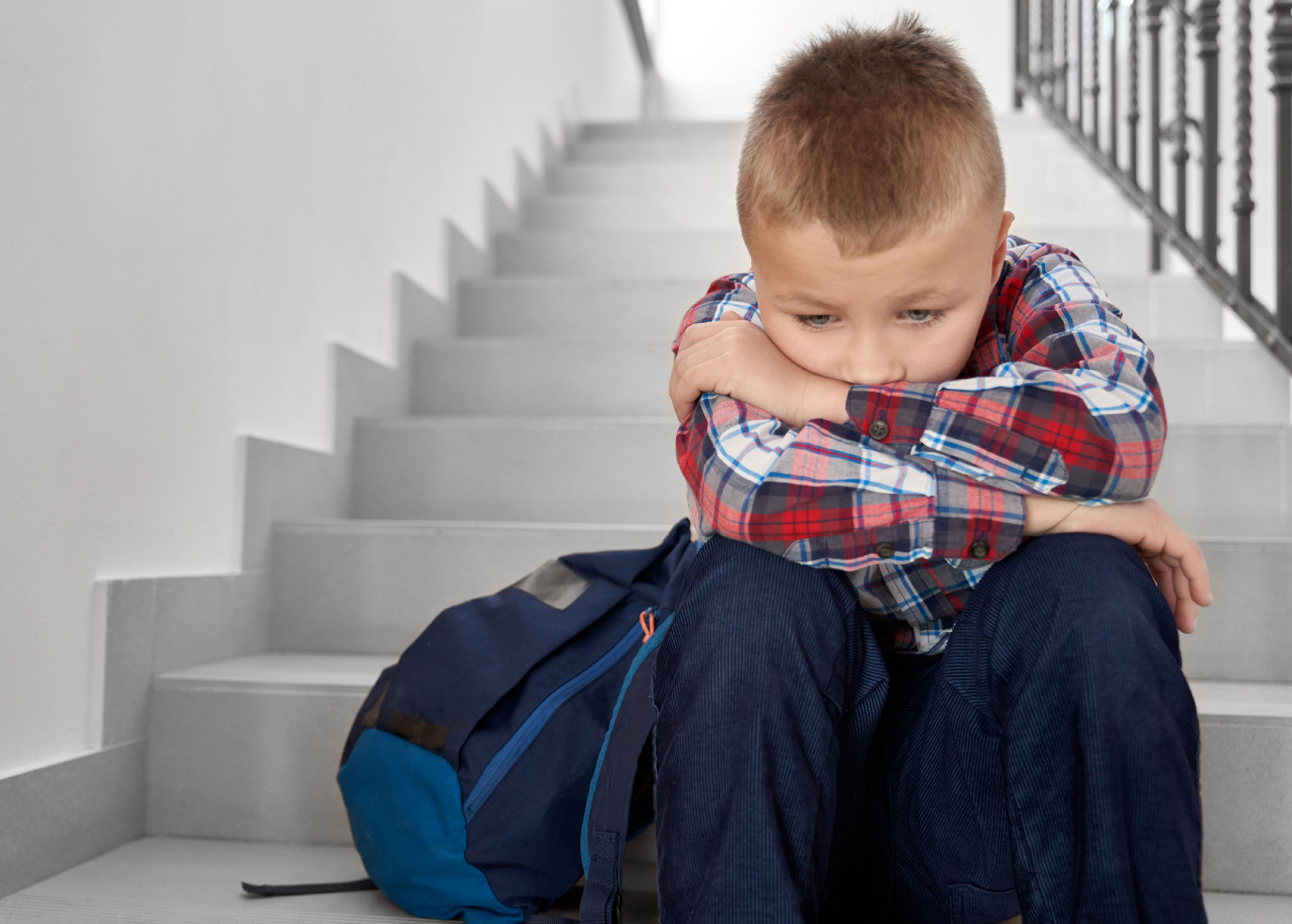Traumasensitief onderwijs cruciaal voor jonge vluchtelingkinderen

Veel jonge vluchtelingkinderen in Nederland staan voor de uitdaging om een nieuwe taal te leren, maar de lesstof lijkt niet altijd goed binnen te komen. Volgens Hanneke Leeuwestein, die promoveert op dit onderwerp, komt dit mogelijk door de traumatische gebeurtenissen die de kinderen hebben meegemaakt. Leeuwestein pleit in haar promotieonderzoek daarom voor een traumasensitieve aanpak binnen het basisonderwijs.
Uit Leeuwesteins onderzoek blijkt dat een deel van de kinderen met een vluchtachtergrond vaker traumagerelateerd gedrag vertoont — zoals teruggetrokkenheid of juist druk gedrag — dan klasgenoten zonder vluchtverleden. Door de vele verhuizingen is het voor deze leerlingen extra moeilijk om belangrijke beschermende factoren, zoals vriendschappen, positieve schoolervaringen en een stabiele routine, op te bouwen en te versterken. Deze elementen zijn juist essentieel voor hun herstel na ingrijpende gebeurtenissen, benadrukt Leeuwestein.
Omdat het voor leerkrachten lastig is om traumagerelateerd gedrag te herkennen, ontwikkelde Leeuwestein samen met collega’s het ReBTOSS-instrument. Dit hulpmiddel helpt leerkrachten om trauma bij jonge leerlingen beter te signaleren en de juiste ondersteuning te bieden. Daarnaast onderzocht zij het gebruik van digitale tweetalige prentenboeken, waarmee vluchtelingkinderen spelenderwijs Nederlands leren terwijl hun moedertaal als opstap dient.
Leeuwestein onderstreept dat het onderwijs een grote rol kan spelen in het welbevinden en de integratie van vluchtelingkinderen, maar dat er dan ook aandacht moet zijn voor hun psychologische behoeften. Ze pleit voor een bredere omarming van traumasensitief lesgeven, vooral nu steeds meer leerkrachten te maken krijgen met vluchtelingkinderen in hun klas. Tegelijkertijd waarschuwt ze dat het onderwijs niet alle problemen binnen de asielketen kan oplossen. De vaak zorgwekkende leefomstandigheden van deze kinderen moeten ook aangepakt worden.
Meer informatie
Meer nieuws
-
17 februari 2026
Van ghostbuster tot rampenonderzoeker
-
03 februari 2026
‘Daar zit een goeie kop op’
-
20 januari 2026
Alcohol, appen en e-bikes


